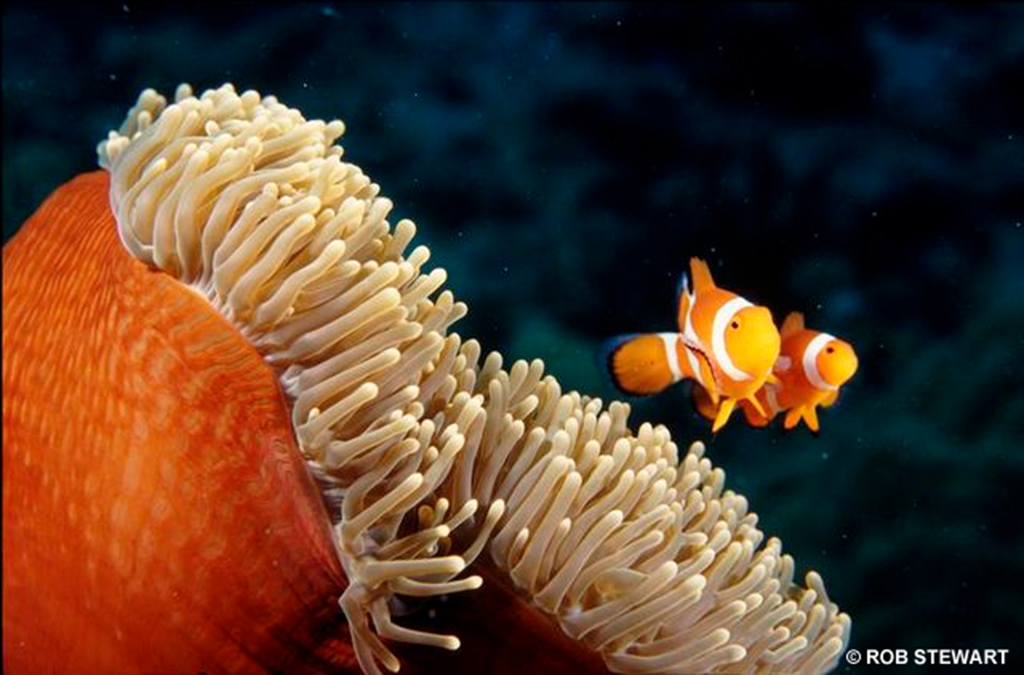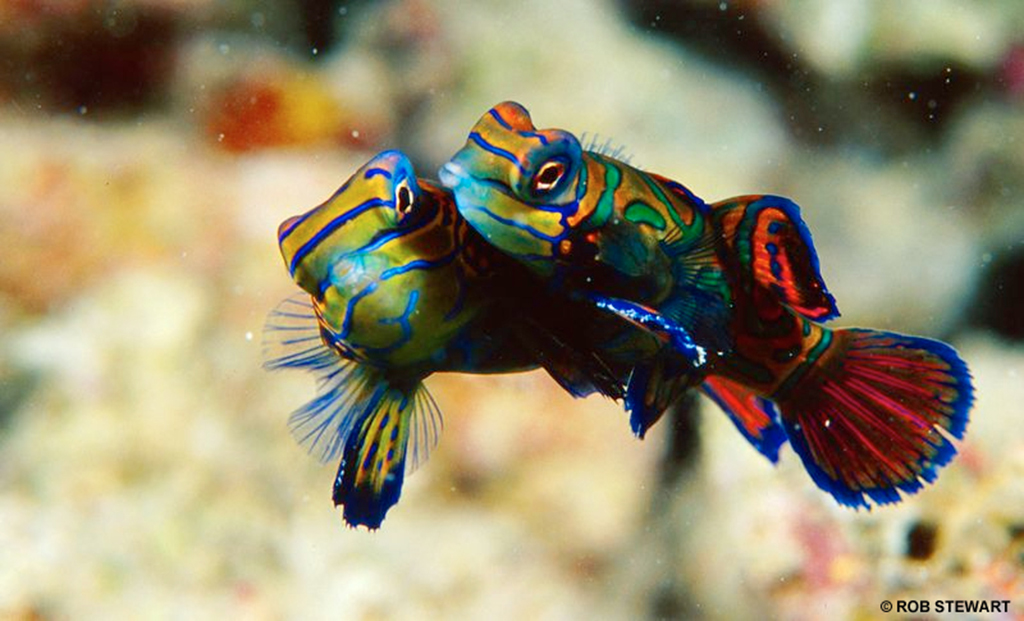Ocean Acidification
Discover the threats, causes and impacts, and how you can help.
The New Threat to Our Oceans
The ocean is the most important part of humanity’s life support system. Oceans regulate climate, atmospheric and ocean chemistry, carbon, food supply and oxygen. Without the ocean, the evolution of life on Earth would not have begun 3.5 billion years ago.
Inspired from the movie Revolution and narrated by Rob Stewart, our Educational Video gives you more content on Ocean Acidification.
Ocean Acidification has emerged to become one of the biggest threats to our oceans, and now our life support system is in jeopardy. A number of issues, particularly carbon pollution, threaten ocean ecosystems like coral reefs, plankton and other marine inhabitants.
Carbon emissions that are released into our atmosphere from transportation, factories, and from heating and cooling are being absorbed by the ocean. Carbon emissions come from burning fossil fuels; oil, gas and coal. As a result, the oceans are 30 percent more acidic than they were before the industrial revolution. Oceans are absorbing 22 million tonnes of carbon dioxide a day – and climbing, lowering pH levels, which has drastic consequences.
As the chemistry of our oceans changes faster than animals can evolve to adapt, we could lose entire species and ecosystems, (including plankton). While many of the animals we love are large, the smallest animals, those we can hardly see with the naked eye, are the lifeblood of the ocean. Plankton are small plants, (called phytoplankton) and animals (called zooplankton) that are the base of the ocean’s food web. They are the most abundant form of life in the ocean, of which all marine life is dependent upon for food. Phytoplankton produce at least half the oxygen we breathe—possibly as much as 90 percent.

Acidification threatens coral reefs, which are home to clownfish and thousands of other marine species.
Phytoplankton have declined approximately 40 percent since 1950. The trend is linked to the warming of the surface of the oceans and more carbonic acid being absorbed.
The increase in acidity is so corrosive that it impedes the growth of new skeletons and causes the shells of many sea animals to dissolve. The ocean’s larger species – and by extension the life on land that feeds on them – depend on these smaller ocean inhabitants for survival.
Ocean Acidification is also affecting coral reefs. Coral reefs are to the ocean what rainforests are to the land – centres of biodiversity and home to thousands of beautiful plants and animals. One quarter of all marine life – equal to nine million marine species – are inhabitants.
Ocean acidification is therefore one of the largest environmental issues threatening life on earth.
Learn more about our beautiful oceans and the devastation ocean acidification can cause by reading on and sharing this information with everyone you know. We can still change things!
Phytoplankton ? Zooplankton ? Predatory Zooplankton ? Filter Feeders and Fish ? Predatory Fish ? People

The psychedelic mandarinfish are reef dwellers, and another species at risk

Coral Reef shows biodiversity
Watch “Acid Test”, a groundbreaking National Resource Defense Council (NRDC) documentary that explores the startling phenomenon of ocean acidification, which may soon challenge marine life on a scale not seen for tens of millions of years. Featuring Sigourney Weaver. https://vimeo.com/9431503

